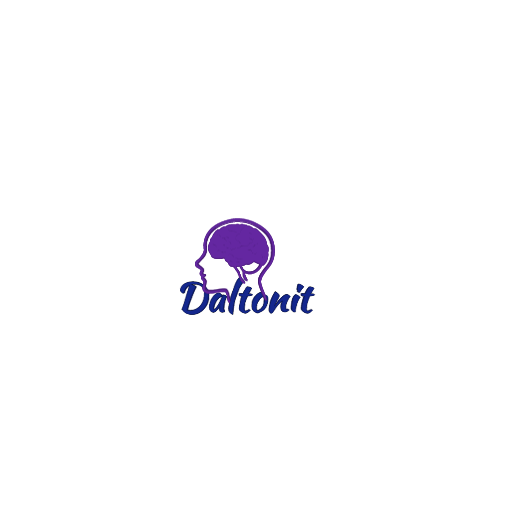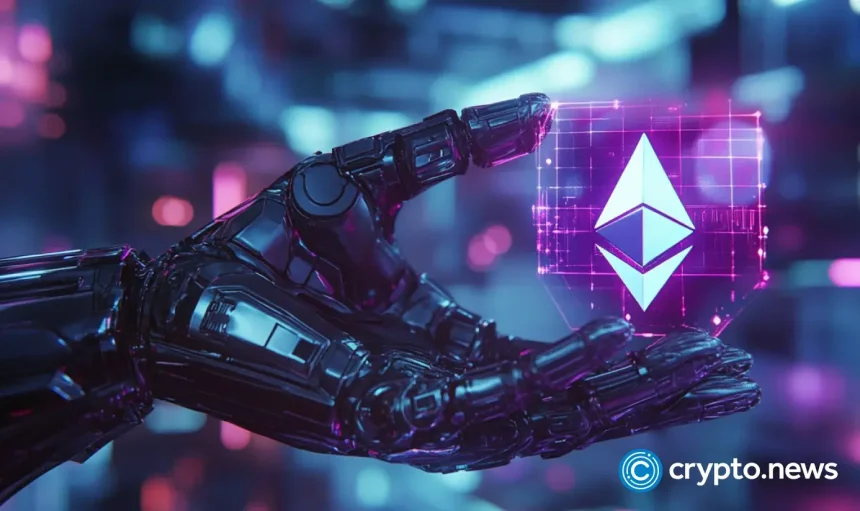Disclosure: The views and opinions expressed here belong solely to the author and do not represent the views and opinions of crypto.news’ editorial.
Ethereum (ETH) stands at a crossroads. Zero-knowledge proofs, or ZKPs for short, are set to become the backbone of a privacy-preserving, scalable blockchain future, with estimates predicting 90 billion proofs generated annually by 2030. Yet Ethereum’s main chain, even with its remarkable evolution, simply cannot handle this deluge. The gas costs and block space constraints make onchain verification completely impractical, like trying to fit an ocean through a straw.
Just as alternative data availability, or DA for short, layers like Celestia and Avail emerged to solve Ethereum’s scaling woes a few years ago, we now need alternative ZK proof verification methods to keep pace with this incoming tsunami of demand. History suggests the pragmatists will prevail.
The ZKP explosion is coming, and Ethereum isn’t ready
Zero-knowledge proofs have moved beyond niche tech to become a key pillar of blockchain privacy and scalability. From ZK-rollups powering high-throughput layer-2s to privacy-focused dApps, ZKPs are embedding themselves into the fabric of web3. Research from Protocol Labs estimates that by 2030, the number of ZK proofs generated could balloon to 90 billion annually as ZK use cases proliferate, like client-side proving on phones or AI-driven DeFi protocols. This isn’t speculation; it’s a forecast based on the accelerating adoption of ZK technology.
Here’s the rub: currently, Ethereum can’t keep up with that demand. If it dedicated every ounce of its capacity—30 million gas units per block—to verifying ZKPs (assuming 200,000 gas per proof), it could handle roughly 150 million proofs per year with roughly half-filled block space. That’s less than 0.2% of the projected 90 billion.
Even if you halve the estimate, Ethereum’s L1 is woefully inadequate for this task in its current form. Gas prices would skyrocket, turning proof verification into a luxury few could afford. While there are plans to improve the network as an environment for cryptography, the Ethereum roadmap moves slowly, and it might take years. We need a better solution to handle the incoming proof deluge.
Alt DA paved the way, and ZK proof verification can follow
Ethereum has faced scaling crises before, and the community has adapted. A few years ago, rollups emerged as a lifeline, but they hit a bottleneck: data availability. Posting transaction data to Ethereum’s L1 was costly and inefficient, threatening to choke L2 growth. The community was split—purists insisted everything stay onchain for security, while pragmatists pushed for alternative DA layers. Then projects like Celestia and Avail stepped in, offering dedicated blockchains to handle data storage off-chain and slashing costs by orders of magnitude. Despite early pushback, alt DA is now integral to the Ethereum roadmap and embraced by rollups and RaaS providers alike.
ZK proof verification faces a similar inflection point. Today’s stopgap, proof aggregation, mirrors the pre-alt-DA era’s band-aids. Aggregators batch hundreds of proofs into a single “super proof” for Ethereum verification, reducing costs but introducing latency. Some batches take hours or even a day to settle, a far cry from the instant finality ZK-rollups promise. Worse, users must trust these aggregators, which often lack skin in the game—no staked tokens, so no slashing for misbehavior.
It’s a shaky foundation for a trustless ecosystem. This is why alternative verification layers, like zkVerify, offer a blockchain-based alternative: fast, cheap, and secured by proof-of-stake incentives. The parallel to alt DA isn’t just rhetorical—it’s proven to work.
The cost of sticking to the status quo
Without alternative proof verification, the future looks grim. Verifying a single Groth16 proof on Ethereum today can cost $10 at moderate gas prices (30 gwei, $1,500 ETH). Multiply that by 90 billion, and you’re looking at a trillion-dollar problem by 2030—an absurdity no blockchain can sustain.
Even with aggregation, costs remain volatile when tied to Ethereum’s gas market, and the latency issue undermines high-throughput use cases like real-time DeFi or gaming. Purists argue that off-chain verification sacrifices security, but they’re overlooking the concessions already made: trusting aggregators with no stake, or converting STARK proofs into SNARKs for Ethereum compatibility, which add complexity and cost.
Contrast this with a modular approach. A dedicated verification chain can slash costs by 90%, while sidestepping Ethereum’s gas spikes and supporting native STARK verification. It’s not just about savings; it’s about unlocking innovation. For instance, client-side proving (where users generate proofs on their devices) could explode if verification weren’t a bottleneck. Imagine billions of phones churning out ZKPs for private identity or microtransactions; that’s what client-side proving enables. Ethereum can’t host that party, but an alt verification layer can.
Overcoming the purist pushback
The Ethereum community’s hesitation isn’t new. When alt DA debuted, critics cried foul, claiming it diluted L1’s security. Yet, the sky didn’t fall. Rollups thrived, fees plummeted, and Ethereum’s ecosystem grew stronger. Today’s ZK skeptics echo that refrain: “Verification must stay on Ethereum for trustlessness.” But trustlessness isn’t binary. Aggregators already introduce trust assumptions, and Ethereum’s precompile limitations also force trade-offs. A proof-of-stake ZKP verification chain with staked tokens and slashing mechanisms offers accountability aggregators lack. It’s not a step down from Ethereum’s security—it’s a lateral move tailored to ZK’s unique demands.
Vitalik Buterin’s early writings on ZK-SNARKs foresaw their dominance, predicting ZK-rollups would eventually outpace optimistic ones. He was right about the tech; now it’s time to scale it. The Dencun upgrade (EIP-4844) proved Ethereum can evolve with modular solutions; blobs cut DA costs dramatically. Alt ZK proof verification is the next logical step, consistent with the long-term Ethereum vision.
A call to action before the wave hits
The ZKP wave is coming, whether we’re ready or not. If a killer app sparks mass adoption, like a privacy-preserving social network or an AI-driven trading platform, Ethereum will buckle under the proof load.
We can’t wait for a crisis before taking action. Alternative ZK verification layers are becoming a necessity, and early movers like zkVerify are already building them. The Ethereum community must shed nostalgia for monolithic designs and embrace modularity, just as it did with DA.
By 2030, 90 billion proofs could redefine web3, unlocking privacy, efficiency, and scale. But only if we act now. Let’s not repeat the congestion nightmares of yesteryear. Alt ZK proof verification isn’t just a fix—it’s the future Ethereum deserves.





